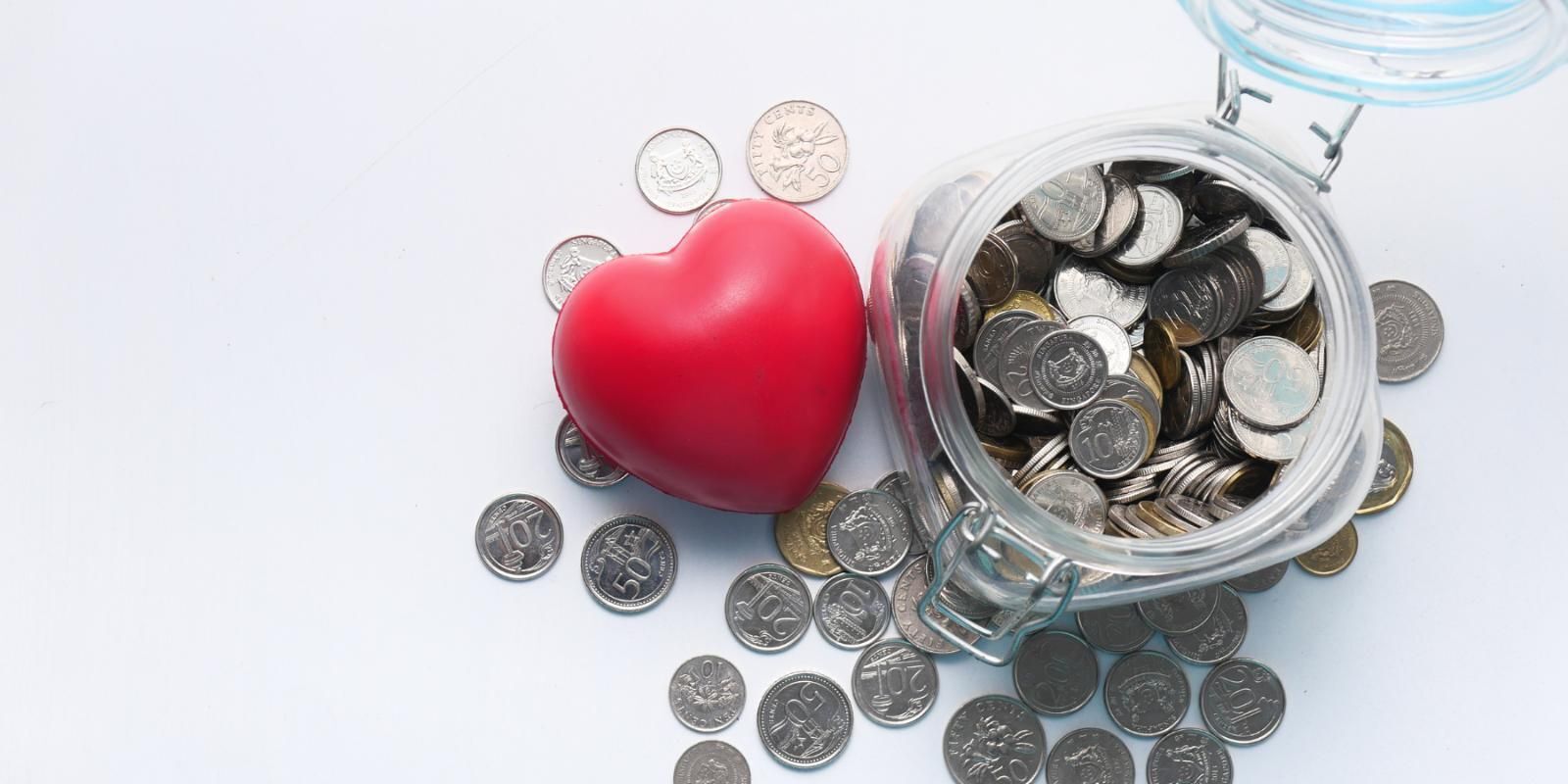Our Work at NYSCADV
At NYSCADV, our work is to create and support the change necessary to prevent and confront all forms of domestic violence.
We do this by providing training and technical assistance for local domestic violence programs across New York State, working with communities to change our culture into one that doesn't condone violence, and advocating for policies to make sure that survivors across our state are provided the support they need to get safe and heal.
Our Impact in 2024
As a statewide membership organization, we achieve our mission through activism, training, prevention, technical assistance, legislative advocacy, and leadership development.
-
Trainings Held
72
-
Advocates & Allies Trained
1,921
-
Training Hours Offered
176
Our Vision for the Future
The collective voices of survivors and advocates, as expressed through the Coalition, will strengthen public and private response and prioritize the issue of domestic violence.
Maybe it's someone you heard about.

-
 Maybe it's someone you love.
Maybe it's someone you love.Maybe it's you.
NYSCADV does not discriminate and follows all relevant state and federal laws regarding discrimination in the delivery of services.
This website is supported by Grant Number 2401NYSDVC from the Office of Family Violence Prevention and Services/Family Violence Prevention and Services Act Program within the Administration for Children and Families, a division of the U.S. Department of Health and Human Services. Neither the Administration for Children and Families nor any of its components operate, control, are responsible for, or necessarily endorse this website (including, without limitation, its content, technical infrastructure, and policies, and any services or tools provided). The opinions, findings, conclusions, and recommendations expressed are those of the author(s) and do not necessarily reflect the views of the Administration for Children and Families and the Office of Family Violence Prevention and Services/Family Violence Prevention and Services Act Program.



